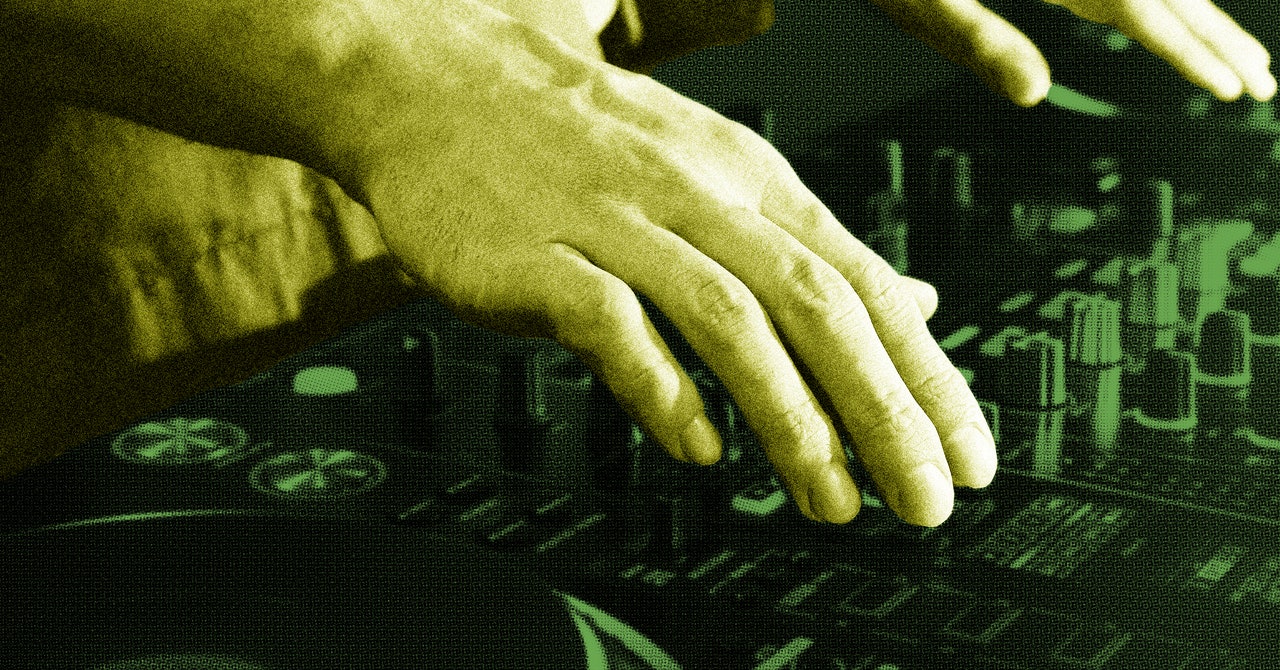Other restrictions such as the lack of VODs (videos-on-demand/replays) or other promotional tools like clips are factors DJs need to consider. Many performers already donât use the VOD service, to avoid potential strikes, but for some itâs another way to engage fans who canât watch live. Twitch has confirmed that VODs are not covered by the existing licensing agreement, but the company claims itâs exploring other promotional tools. DJs who also host nonmusic streams are simply being told to run dual accounts with only one enrolled in the program.
Despite these drawbacks, every DJ whom WIRED spoke with agreed that operating in a copyright gray area wasn’t good for anyone. Most also understood that Twitch, which is owned by Amazon, has obligations to rights holders. Clancy suggested as much in a blog post announcing the program. âItâs crucial that DJs understand the status quo on Twitch was not sustainable,â he wrote, âand any viable future for the community required we find a solution.â
Solutions are what Twitch seems to be needing most these days. The company, you may have heard, is not making money. User growth seems to have stagnated, while revenue growth has slowed, according to documents recently reviewed by the Wall Street Journal. In January, it announced it was laying off 500 employees (approximately a third of total staff), a move that followed a purge of more than 400 people in March last year.
According to Twitch, there are currently âtens of thousandsâ of DJs on the platform. This means, at best, DJs currently account for approximately 1 percent of active streamersâso attracting more to the platform is unlikely to be a panacea. But it is a growth area, fueled in large part by a wave of performers who joined during the pandemic, that the company clearly deems worth investing in.
In terms of competition, Twitch doesnât face much. Harris says he tried Mixcloud, but felt there was a lot of âbotâ activity in the streams and the revenue split wasnât favorable. TikTok and most other mainstream social media platforms suffer at least some combination of takedowns and demonetization for playing unlicensed songs. Kick, a direct Twitch rival, offers a far more favorable earnings splitâ95 percent going to the performerâbut if Twitch canât make money with its bigger cut, it raises questions over whether that ratio is sustainable.
DJs, for their part, appear to welcome Twitchâs commitment to them, with most concerns directly proportional to their investment in the platform so far.
âI haven’t got a lot to lose, to be honest, so I’m just seeing where it takes me,â Harris says.
âTwitch is my main source of income,â says Colaway, a DJ who streams about 35 hours per week. âThe supply of DJs on Twitch has grown extremely, so the likelihood of new DJs streaming full-time is very unlikely.â She added that she believed the program was still a step in the right direction and that she would be signing up.
As for East, he says: âI plan on hopping onboard as soon as it goes live, just so that I’m in the game, and getting the feel of what’s happening.â
âIf I’m the guinea pig at that point, I’m the guinea pig,â East adds. âAnd I’ll take my lumps and bumps and hopefully keep on moving. The journey for me on Twitch has been amazing. It’s really the community that cements that.â
Ultimately, Twitch has the best shot at making this work, if DJs can tolerate the inconveniences that going legitimate requires. As the embattled music industry pats down the pockets of the people who promote its artists, Twitch seems as well positioned as any platform to offer a resolution.

